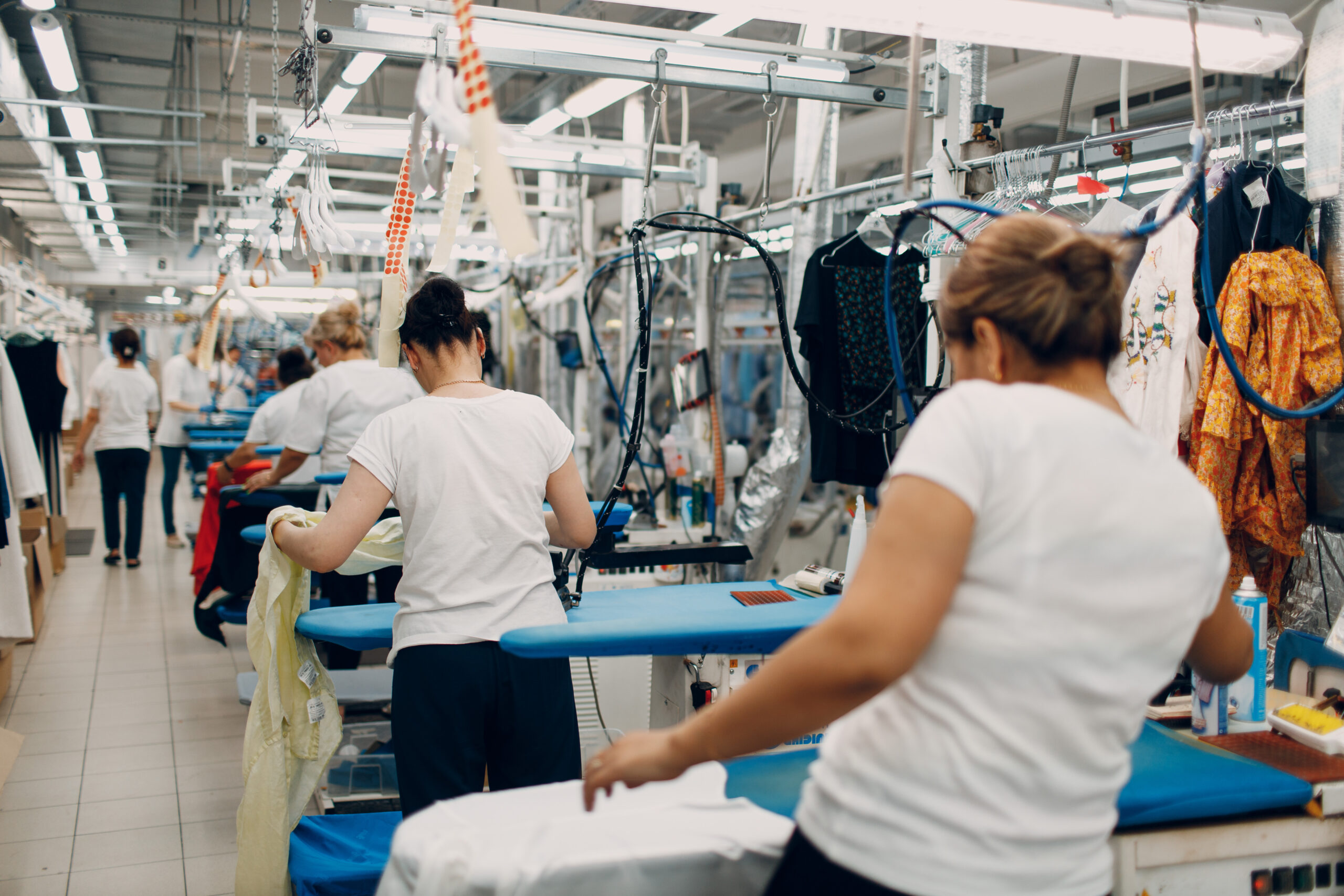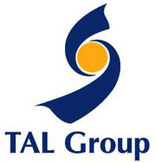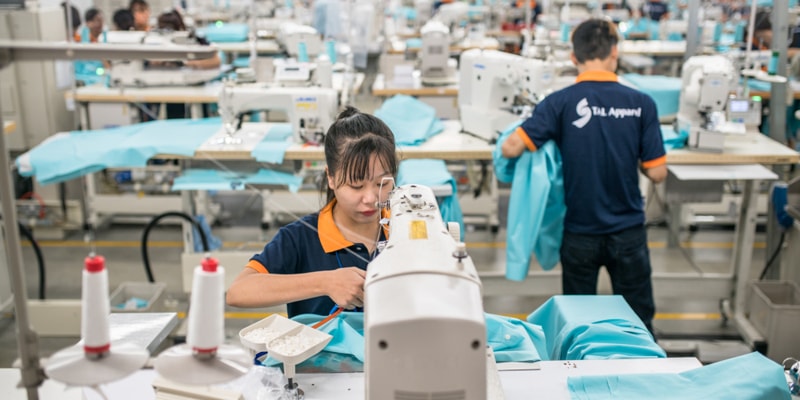At The Economist’s 10th Sustainability Week, held in London, Cascale CEO Colin Browne joined a panel discussion on supply chain sustainability and the role of business in driving climate action. The session, moderated by Eddie Milev (Economist Impact), explored how companies can balance geopolitical challenges, regulatory pressures, and sustainability goals while maintaining supply chain resilience.
Browne was joined by Lucy Westgarth, Environmental, Social & Governance Lead at Leidos Europe, who brought insights from the defense and public sector supply chains to the discussion. Together, they examined the shifting role of sustainability as an operational priority rather than an afterthought.
“Sustainability used to be the last item on the boardroom agenda—an afterthought,” Browne stated. “Now, it’s a core business function, touching everything from supply chain resilience to legal and financial accountability. Companies that fail to take it seriously will struggle to stay competitive.”
Sustainability in Supply Chains: A Business Imperative, Not a Buzzword
During the discussion, Eddie Milev set the stage by highlighting how supply chains have moved to the forefront of corporate strategy following global disruptions—from the pandemic to shifting geopolitical tensions.
Browne agreed, emphasizing that supply chains are now a defining factor of business success: “Great companies have great supply chains. Sustainability is no longer just about risk mitigation—it’s a business opportunity. Companies that embrace it will set themselves up for success, while those that ignore it will fall behind.”
Westgarth added that within government procurement and defense contracting, sustainability is increasingly tied to resilience and long-term readiness: “Sustainable procurement is about meeting today’s needs without compromising tomorrow. In our industry, resilience is key, and sustainability plays directly into that.”
The Role of Collaboration in Industry Decarbonization
A key focus of Browne’s remarks was the need for deep collaboration between brands, manufacturers, and policymakers to accelerate decarbonization. He explained that no single brand or supplier can tackle emissions alone: “Many brands and retailers use the same factories. No individual company—whether a brand or manufacturer—can solve this alone. The only way to drive real change is through collective action.”
Westgarth echoed this, emphasizing that collaboration is equally critical in public sector supply chains. “Many industries, including defense, are now working together on shared sustainability challenges—whether through accreditation systems, carbon reporting platforms, or collaborative risk assessments. The same needs to happen in consumer goods.”
Browne reinforced that brands and manufacturers must move beyond transactional relationships and build long-term partnerships that embed sustainability into core business decisions.
Supply Chain Resilience & The Geopolitical Challenge
The conversation also touched on reshoring, nearshoring, and geopolitical tensions and how these factors impact sustainability.
Browne cautioned against moving supply chains without considering environmental impact. “If you’re changing suppliers or restructuring your supply chain, consider where you’re moving to. Are you relocating to a country investing in renewables? Can this shift be a double win—both economically and environmentally?”
Westgarth highlighted the complexity of balancing supply chain resilience with sustainability. “For some industries, nearshoring isn’t a simple fix. You might move manufacturing closer, but raw materials still need to be sourced globally. It’s about understanding the full picture.”
What’s Next? Industry Decarbonization & Cascale’s Role
Browne reaffirmed Cascale’s commitment to driving industry-wide decarbonization through collective action, transparency, and measurable impact. He emphasized that companies already know what needs to be done. “The question is no longer whether we can decarbonize. We have the technology, we have the solutions. The real question is: do we have the courage, capacity, and commitment to make it happen?”
Through its Industry Decarbonization Roadmap, Cascale continues to work with its members on practical solutions that support manufacturers and brands in achieving meaningful emissions reductions while maintaining business competitiveness.
Browne closed with a call to action. “Legislation will ebb and flow, but sustainability is not going away. Consumers expect it. Markets demand it. And the planet needs it. The companies that take action now will be the ones best positioned for the future.”










